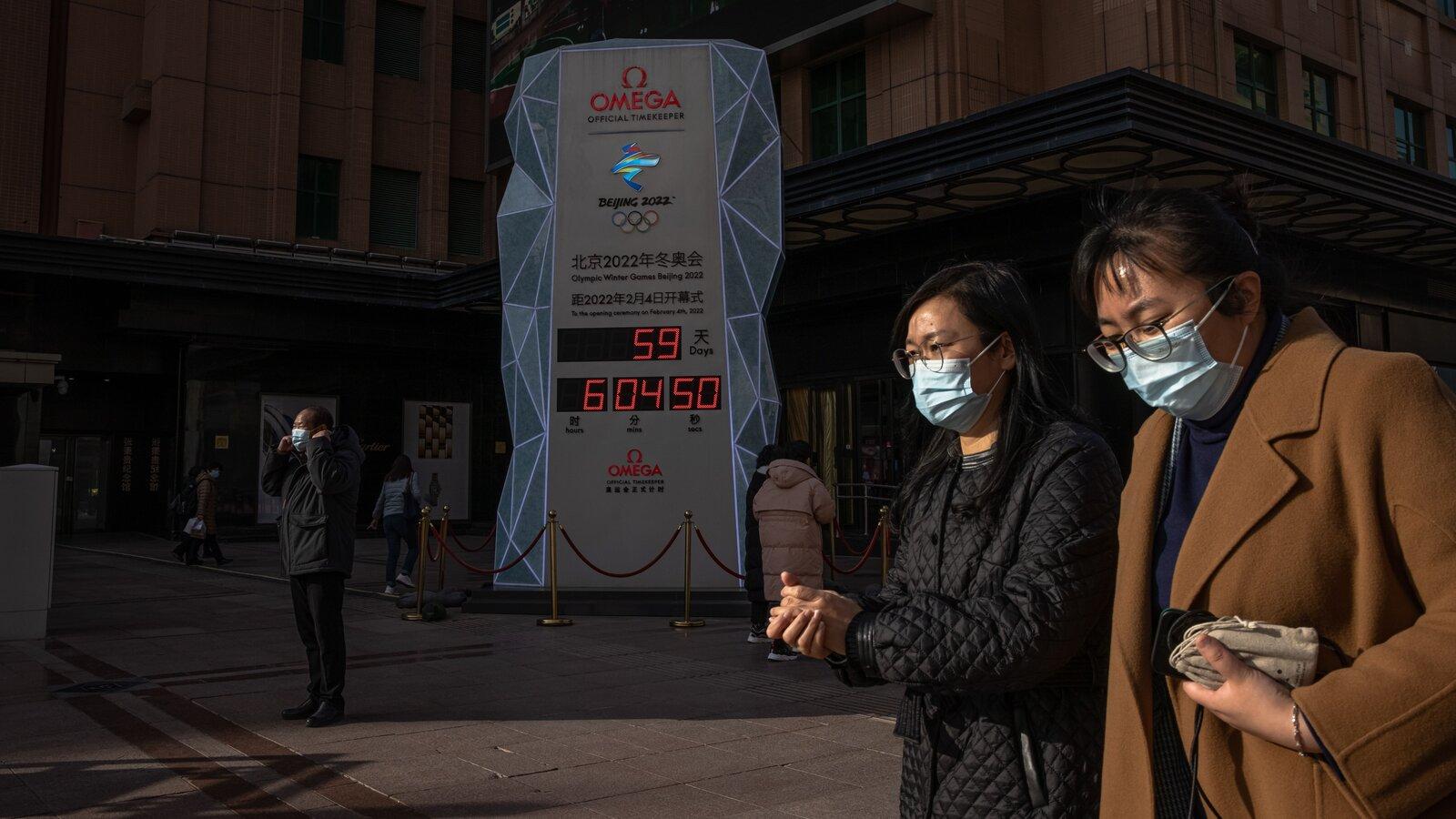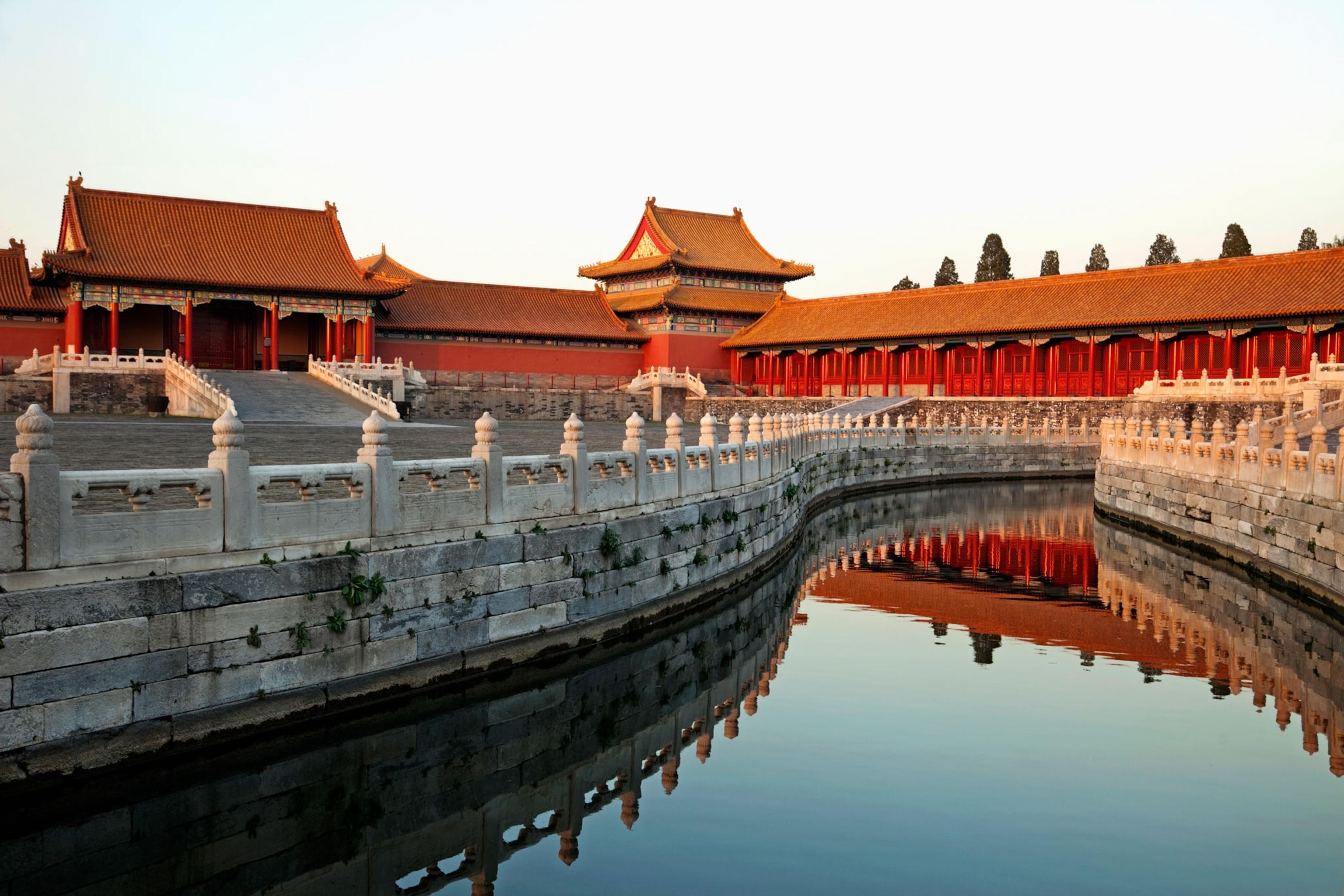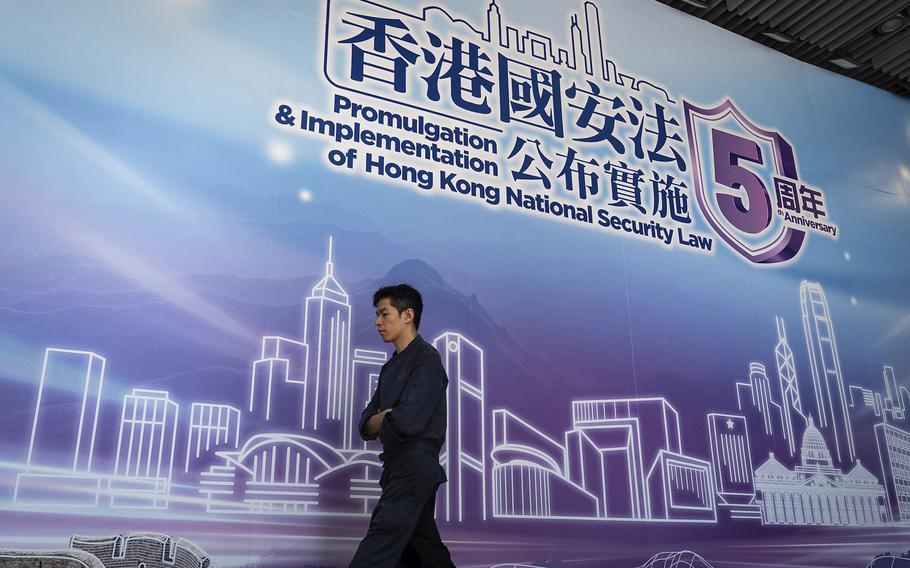Beijing Official Highlights Ongoing National Security challenges in Hong Kong
In a recent statement, a senior official from Beijing emphasized the importance of vigilance in addressing the enduring threats too national security in Hong Kong. This declaration aligns with the central government’s broader strategy to fortify its influence over the region, especially in the wake of significant protests that onc roiled the city. The official expressed concern over various elements that continue to jeopardize stability, underscoring the need for a robust response from local authorities.
The challenges highlighted include:
- Foreign Interference: Increasing evidence of external forces attempting to influence political dynamics within Hong kong.
- Subversive Activities: Ongoing efforts by local dissidents to undermine Chinese sovereignty through protests and other means.
- Cybersecurity Threats: Growing instances of cyberattacks targeting critical infrastructure and government systems.
The official reiterated that overcoming these challenges requires a concerted effort, including enhanced community engagement and collaboration with law enforcement. Such measures aim not only to safeguard national interests but also to foster a more stable and prosperous surroundings for residents.

Analysis of the Implications for Civil Liberties and Political Freedoms
The recent remarks by a Beijing official regarding the National Security Law’s ongoing threats expose significant concerns for civil liberties in Hong Kong. The emphasis on perceived national security risks may lead to the normalization of measures that undermine individual freedoms. In a climate where dissent is increasingly stifled, residents may face greater restrictions on their rights, including the freedom of assembly and expression. This atmosphere of surveillance and control raises alarms about the potential for:
- Increased police power, enabling law enforcement to act with impunity against protestors and political dissidents.
- Criminalization of activism, where peaceful demonstrations can lead to severe penalties deemed threats to national security.
- Censorship of political discourse, particularly in media outlets and educational institutions, hindering open dialogue on governance and rights.
Moreover, the narrative pushed by Beijing may serve to justify repressive legislation that further erodes the rule of law. The implications of such a trajectory could resonate beyond Hong Kong,influencing regional dynamics and global perceptions of civil liberties. As the government reinforces its narrative around national security, citizens might confront:
- Increased self-censorship among writers, journalists, and academics, who may limit their expression to avoid reprisals.
- Social polarization within communities,as fear and mistrust erode public solidarity.
- Challenges to international human rights norms, as global advocacy for civil liberties may struggle against the backdrop of a state that prioritizes security over freedom.

Strategic Recommendations for Strengthening National Security Measures
In response to the ongoing challenges posed by national security threats, it is critical for the government to adopt a multi-faceted approach that encompasses several key strategies. First, enhancing intelligence capabilities should be a priority to allow for timely identification and response to potential security risks. This includes investing in advanced surveillance technologies and increasing collaboration with international intelligence agencies to share vital data. Additionally,community engagement programs that foster trust between law enforcement and local populations can definitely help to preemptively address concerns before they escalate into security incidents.
Furthermore, it is essential to strengthen legal frameworks that govern national security. This can be achieved by reviewing existing laws to ensure they are robust against emerging threats, ensuring that they adequately address cyber-security, terrorism, and organized crime. Alongside this, training and equipping law enforcement personnel with modern skills and tools to tackle these evolving threats is crucial. Lastly, a comprehensive public awareness campaign aimed at educating citizens about their role in enhancing national security can create a more informed populace that actively participates in safeguarding the community against potential risks.

the Role of International Relations in Hong Kong’s Stability and Security
The geopolitical landscape surrounding Hong Kong plays a crucial role in determining its stability and security. As tensions simmer between major world powers, the city finds itself at the epicenter of a complex web of international relations. The involvement of external actors-including sovereign states and international organizations-has an undeniable impact on the local environment, potentially exacerbating existing vulnerabilities. This dynamic influences not only the economic situation but also the perception of security among residents, leading to a climate where wnational interests can clash, complicating the landscape of governance and societal cohesion.
Furthermore, the calls for heightened vigilance against national security threats underscore the importance of a cohesive strategy that integrates both domestic policy and foreign relations. It is essential for the local government to foster strong relationships with mainland authorities while simultaneously addressing the concerns of global stakeholders. Elements contributing to this need for vigilance include:
- Increased foreign influence on local political movements
- Regional instability potentially spilling over into hong Kong
- Cybersecurity challenges arising from global networks
Consequently, a solid framework of international collaboration is imperative to ensure that Hong Kong not only navigates its unique position effectively but also thrives in an era where security and stability are inextricably linked to broader international dynamics.
